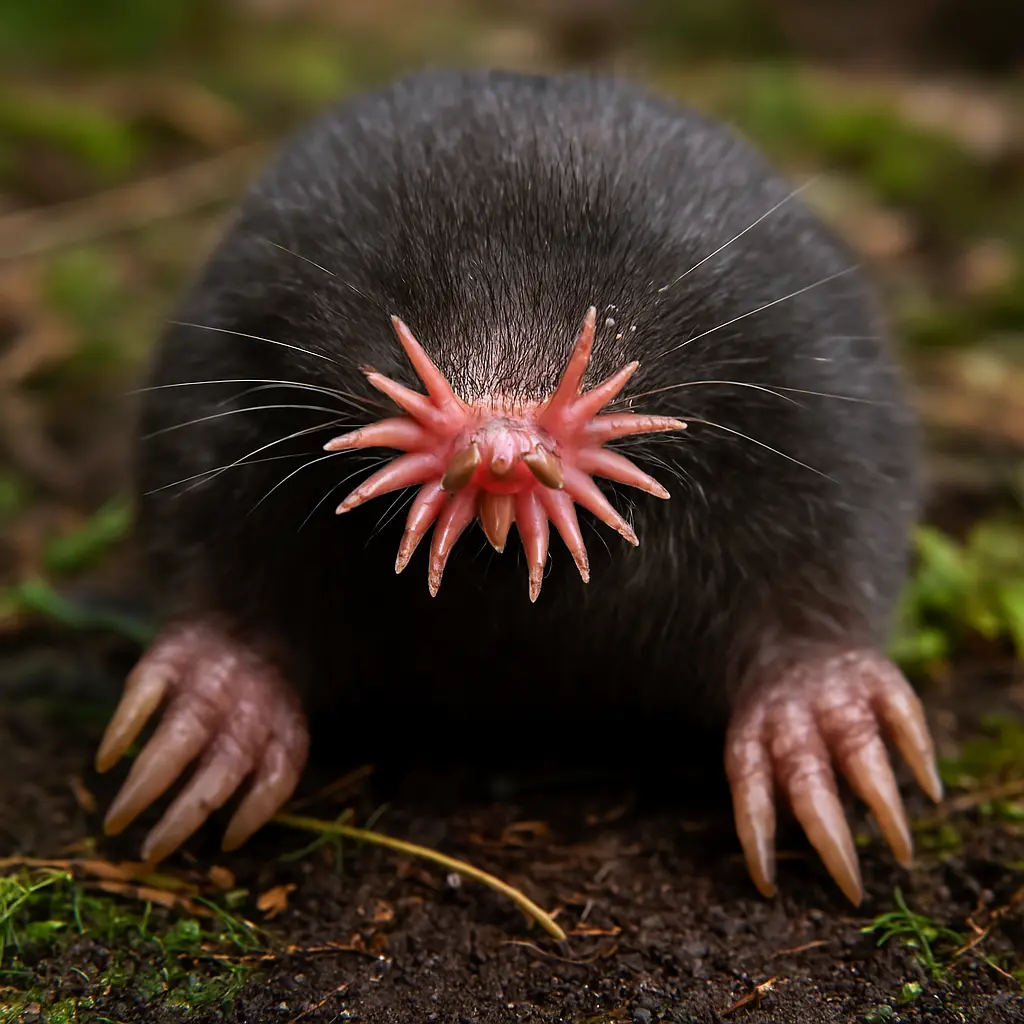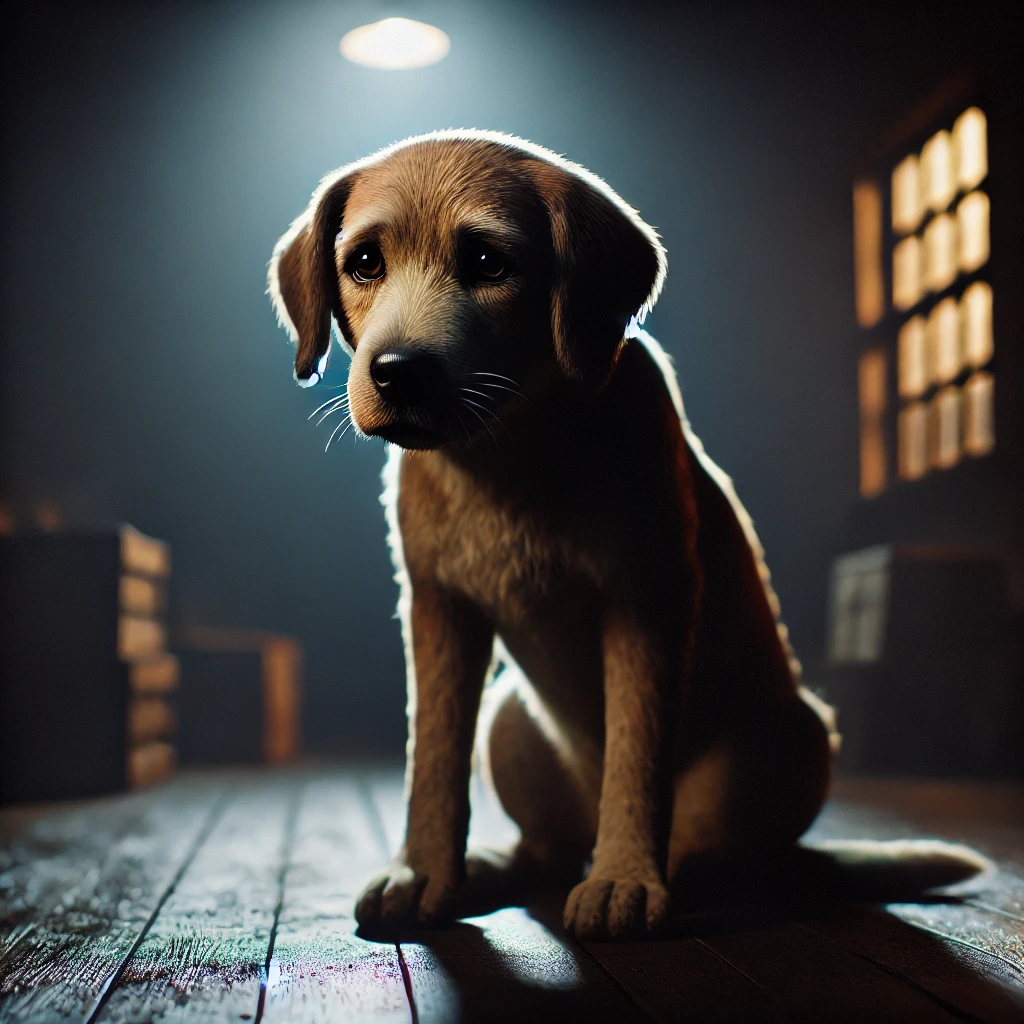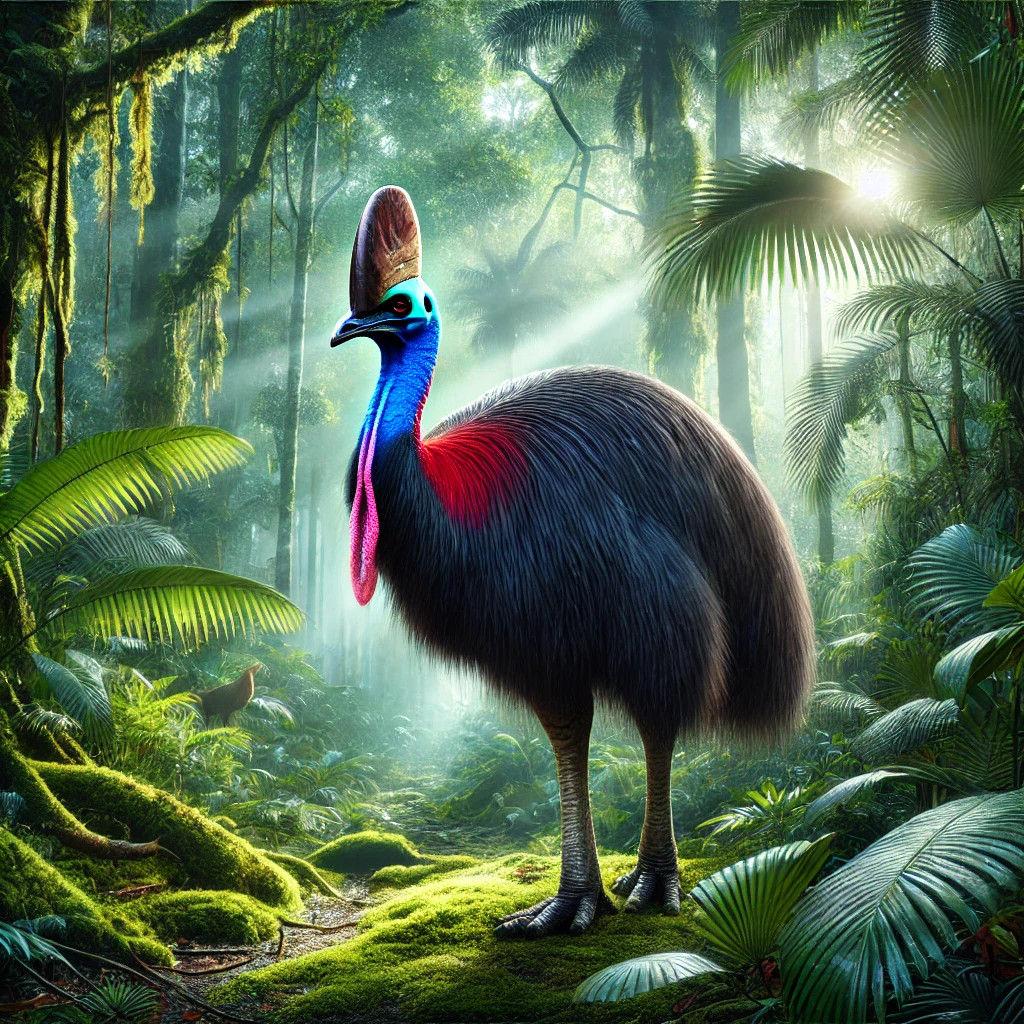Colossal Biosciences, a Texas-based biotech company best known for its mission to “de-extinct” the woolly mammoth, has now turned its attention to another ancient legend
The Dire Wolf. In a move that has stunned both the scientific and pet-loving communities, the company has reportedly created the world’s first genetically engineered Dire Wolf pups. The announcement comes with waves of excitement and curiosity as experts weigh the implications of reviving an Ice Age predator in the modern world.
Welcome to this exclusive PetNarianPets coverage, where we dive into the science, ethics, and fascination surrounding this incredible breakthrough.
Key Facts at a Glance
- Colossal Biosciences uses advanced CRISPR-Cas9 gene editing.
- First successful litter of Wolves reported in 2025.
- DNA sourced from fossils and genetically close canine relatives.
- These Wolves were extinct for over 9,000 years.
- PetNarianPets confirms this is the first of its kind globally.
- Ethical and environmental concerns are being debated worldwide.
- Pups exhibit enhanced traits such as size, jaw strength, and coat density.
- Early behavioral data show social tendencies similar to modern wolves.
- Long-term monitoring programs are already in place.
- The project is being hailed as a landmark in synthetic biology.
From Myth to Modern Science
The Dire Wolves has long held a mythical place in human imagination, from Ice Age fossil records to pop culture icons like Game of Thrones. But these creatures were very real—apex predators that once roamed the Americas. Unlike their modern cousins, they were heavier, had stronger jaws, and were highly adapted to cold climates. Now, thanks to Colossal Biosciences, the Dire Wolves is more than just history. It’s a living, breathing marvel once again.
At PetNarianPets, we understand the awe and wonder that such news generates. Bringing back extinct species has long been a dream for geneticists, and this development is the closest we’ve come to reviving an Ice Age titan.
The Science Behind the Resurrection
Colossal Biosciences employed revolutionary gene-editing tools like CRISPR-Cas9 to splice Dire Wolf genetic sequences into embryos of closely related modern canids, such as grey wolves and Alaskan Malamutes. According to Dr. Rebecca Lin, lead scientist on the project, over 90% of the genome was mapped and replicated with fossil DNA. .
These pups have already displayed unique characteristics:
- Larger-than-average skulls and jaws
- Denser fur and stockier builds
- Deep vocalizations reminiscent of the Dire Wolves howl reconstructed from fossil resonance chambers
Colossal has emphasized that these pups are not clones but “genetic approximations,” blending ancient traits with viable modern DNA.
What the Public Can Know So Far
While full details of the project remain proprietary, Colossal Biosciences has publicly confirmed a few essential updates that are available for public consumption:
- The Wolf pups were born in early 2025 and are currently under round-the-clock observation by veterinary geneticists.
- All pups have undergone extensive medical testing to ensure their health and viability in controlled environments.
- Early footage released by the company shows the pups interacting in play and displaying behavior that mirrors pack dynamics of modern wolves.
- Colossal Biosciences continues to collaborate with leading universities and scientific institutions to monitor the long-term effects of their genetic modifications.
- While no facility tours or public viewings are currently offered, the company has indicated plans for future educational outreach efforts.
This initiative has sparked conversations among:
- Wildlife conservationists
- Genetic researchers
- Ethical committees
- Enthusiastic members of the general public
Why the Dire Wolf?
Choosing the Dire Wolf wasn’t just about creating a headline. These creatures represent:
- Genetic diversity lost through extinction
- Potential insights into prehistoric ecosystems
- The chance to strengthen modern canid lineages with ancient traits
Unlike the woolly mammoth, whose cold-climate needs pose challenges, the Dire Wolf may adapt more easily to modern habitats, especially controlled or semi-wild reserves.
Ethical Concerns and Environmental Impact
Not everyone is celebrating. Critics raise serious concerns about:
- Ecosystem disruption
- Welfare of engineered animals
- Long-term health and reproduction
Organizations like the Center for Genetic Ethics and Wildlife International have called for:
- Transparent reporting
- Independent studies
- Strict containment and monitoring protocols
Still, PetNarianPets finds the initiative to be one of the most captivating stories in recent scientific history.
Future Plans and Public Reaction
Colossal Biosciences has announced its intention to continue with Phase Two, which includes:
- Observing pack behavior in larger environments
- Studying diet and hunting instincts
- Potentially expanding the gene pool with further edits
Public interest has soared. Online forums, social media, and news outlets (including us at PetNarianPets) are flooded with questions, awe, and debates.
Some users are calling them the “real-life dire pups” and wondering whether one day they could be domesticated. Others urge caution, reminding us that just because we can, doesn’t mean we should.
What This MeWhat This Means for the Future of Science
ans for the Future of Science
This project isn’t just about the Dire Wolf. It signals a new era in biotechnology where extinct species may play roles in:
- Environmental restoration
- Disease resistance
- Genetic study and development
By bringing back the Dire Wolf, we are also reviving a piece of Earth’s biological heritage. But with that comes immense responsibility. According to Dr. Lin, “We stand at the threshold of rewriting natural history. We must tread with humility and oversight.”
At PetNarianPets, we celebrate the wonder of animals—from the smallest rescue pup to the resurrected Dire Wolf. This story is a testament to human curiosity, perseverance, and the ever-evolving bond between science and nature.
As we witness history unfold, we ask you, our readers: If you had the chance to see a real Dire Wolf, would you? And what responsibilities do we carry in bringing them back?
Liked what you read ? Support Us On Instagram, X, Pinterest and YouTube.
Wanna Say Something about animals ? Contact Us.
Visit Our Store!
Follow Us
Kind Dad And Son Rescued A Beaver That Has Been St Kind Man Saved a Dog Stuck in the Mud
#dog #anim
Kind Man Saved a Dog Stuck in the Mud
#dog #anim
 Kind Man Saved A Puppy Stuck In The Pot For Hours
Kind Man Saved A Puppy Stuck In The Pot For Hours
 This valentine's day Celebrate The Love That Rescu
This valentine's day Celebrate The Love That Rescu
 Load More
Follow on Instagram
Load More
Follow on Instagram
Latest From Us
 WONDERS OF WORLD
WONDERS OF WORLD
Colossal Biosciences Creates Dire Wolf Pups Through Gene Editing
Colossal Biosciences, a Texas-based biotech company best known for its mission to “de-extinct” the woolly mammoth, has now turned its attention to another ancient legend The Dire Wolf. In a
by petnarianpets April 11, 2025 Did You Know
Did You Know
Did You Know? 05 Incredible Facts About the Mysterious Fossa
The Fossa stands out as a creature of mystery and awe. Sleek, agile, and built for the wild, this fascinating animal combines characteristics of cats, dogs, and even mongooses —
by petnarianpets April 8, 2025 Did You Know
Did You Know
Did You Know? 7 Fascinating Facts About the Maned Wolf
The Maned Wolf is one of the most unique creatures in the animal kingdom. With its long legs, fox-like face, and distinctive mane, it is often mistaken for other species.
by petnarianpets March 30, 2025 Did You Know
Did You Know
The Star Nosed Mole Nature’s Fastest Feeder! Did You Know?
Listen About Star Nosed Mole https://open.spotify.com/episode/4HiNu6Ea5GESL8Byq7uNwv?si=CheE9obAS3CyFniX3vj5WQ The animal kingdom is full of fascinating creatures, but few are as unique as the star nosed mole. This extraordinary mammal, with its bizarre-looking
by petnarianpets March 29, 2025 RESCUE STORIES
RESCUE STORIES
10 Essential Tips to Save Your Pets During an Earthquake
Earthquakes strike without warning, causing chaos and panic. While people rush to safety, our pets often face the most danger. Knowing how to save pets during an earthquake can make
by petnarianpets March 28, 2025 Did You Know
Did You Know
Did You Know? 7 Strange Aye-Aye Facts!
Did You Know? the Aye-Aye is one of the most unique and misunderstood creatures in the world. This strange-looking primate hails from Madagascar and has often been labeled as The
by petnarianpets March 25, 2025 PETS NEWS
PETS NEWS
Heart Breaking Animal Abuse Investigation Leads to the Rescue of 22 Animals in Colleton County
Animal Abuse Investigation Leads to the Rescue of 22 Animals in Colleton County Animal abuse remains a serious issue worldwide, with countless innocent creatures suffering due to neglect and cruelty.
by petnarianpets March 22, 2025 Did You Know
Did You Know
Top 07 Fascinating Muntjac Deer Facts!
Muntjac deer, often called the “barking deer,” are among the most unique and mysterious members of the deer family. With their small stature, distinctive features. Secretive nature, they have captivated
by petnarianpets March 18, 2025 Did You Know WONDERS OF WORLD
Did You Know WONDERS OF WORLD
Did You Know? Cassowary 5 Amazing Secrets Revealed
We’re exploring the fascinating world of the cassowary—an extraordinary bird that continues to surprise and inspire. Whether you’re wondering, “are cassowaries dangerous?” or “where do cassowaries live?”, this article provides
by petnarianpets March 14, 2025 Did You Know
Did You Know
5 Inspiring Butterfly Facts That Will Change How You See Nature
Did You Know? Butterfly with their stunning wings and transformative life cycles, captivate our hearts and inspire us every day. Here are five inspiring facts about the Butterflies that will
by petnarianpets March 12, 2025 Did You Know WONDERS OF WORLD
Did You Know WONDERS OF WORLD
SAIGA ANTELOPE: 5 Fascinating Facts | PetNarianPets
Did You Know? The Saiga Antelope, one of nature’s most unique and endangered creatures, has a story that will both astonish and motivate you to support conservation efforts. In this
by petnarianpets March 11, 2025 COLLABORATIONS
COLLABORATIONS
PetNarianPets X Prodcut Celebrating 1st Merchandise Launch
We cherish our collaborations, and our recent partnership with Prodcut for our Valentine’s Day merchandise launch was truly exceptional. PetNarianPets X Prodcut worked together to create a captivating video that
by petnarianpets March 8, 2025 0
0
 0
0
 0
0
 0
0
 0
0
 0
0
 0
0
 0
0
 0
0
 0
0
 0
0
 0
0
Your article helped me a lot, is there any more related content? Thanks!